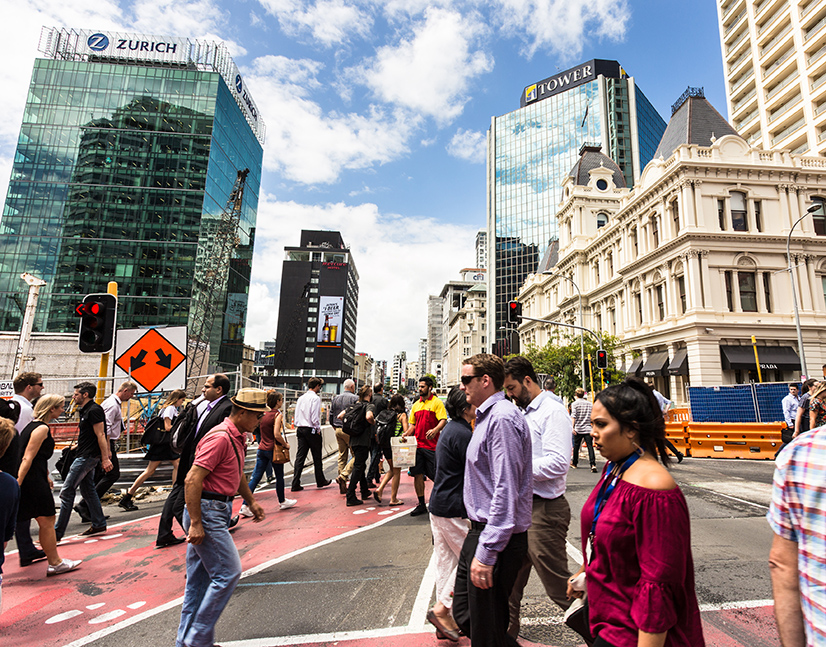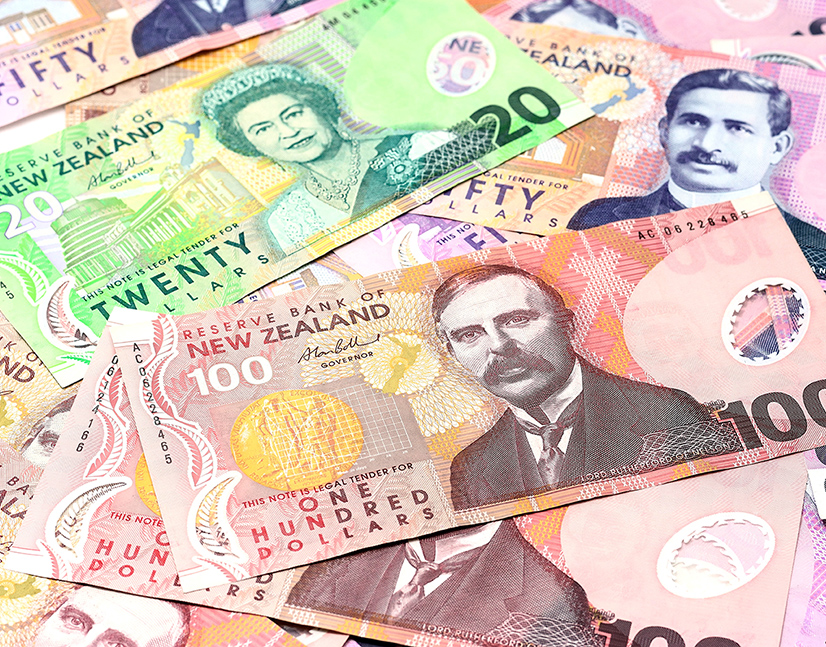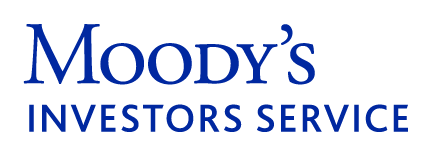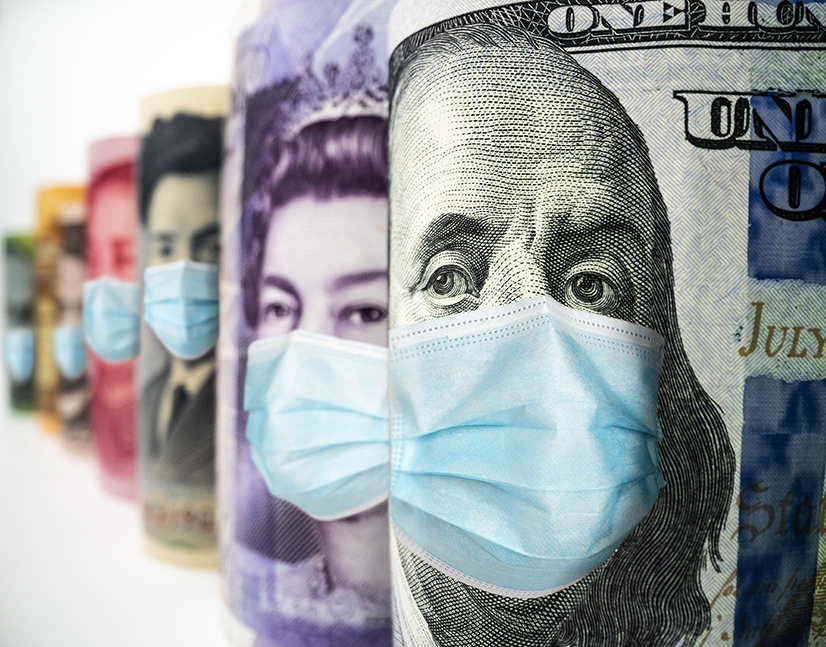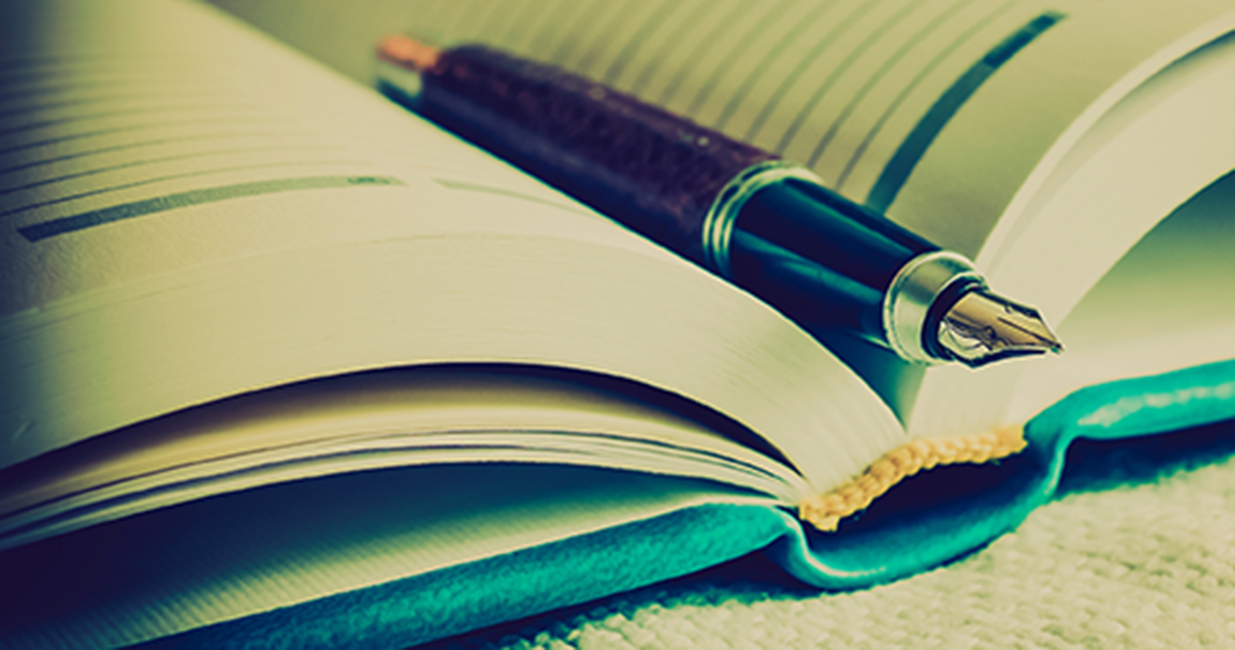
The COVID Diaries: sustainable finance banker 2
The following interview is with an Australia-based banker in sustainable finance. It was conducted on 28 May 2020.
Does your business have a timeline for returning to office working – and are you looking forward to it?
I have really enjoyed working from home, I’m in a good rhythm and I have found it really good for thinking creatively. That said, I am looking forward to getting back and interacting with colleagues and clients again, and getting on with whatever the new normal is.
It has been good for everyone to have this experience of working from home, to see how it works and what can be achieved. But it has been harder for some than others and some aspects are quite difficult.
It has probably been particularly challenging for junior team members, or those who are new to a business – you just don’t pick up as much from the people in your team if you are not sitting next to them and absorbing information on a day-to-day basis. That’s one aspect that you just can’t replicate in a work from home environment.
It is commonly accepted at this stage that Australia and New Zealand have done relatively well in the phase of the crisis where public health was the number one priority. Is it now time – at the margin at least – to change the emphasis towards reopening the economy?
The economic scars, though, will likely remain for some time. Almost everyone I know has been reflecting on their personal saving and spending habits, for instance. COVID-19 has been an interesting case study in weighing up social and economic impacts, and it’s not yet known where the pennies will fall. I’m sure it will be talked about and debated in textbooks and newspapers well into the future.
There is nothing like a pandemic combined with global economic downturn – as well as, for many, a long time away from loved ones – to remind you what’s important in life.
Are you more or less optimistic about the crisis than you were during the early acceleration period of moving to home working and adding social distancing measures?
“Ideally, the recovery from COVID-19 should be a sustainable one in which social and environmental aspects are at the forefront. Whether governments and businesses are sufficiently well equipped to make that happen remains to be seen, especially when most are in survival mode.”
Do you subscribe to the view that this crisis will radically reshape our society?
Looking further ahead, I tend to think things will revert. After 9/11, for instance, there were questions around how much we would travel and the same thing is being said now. I beg to differ. I suspect the majority of people will revert back to the ‘old normal’ in many ways over time and at different paces.
Some industries and pockets of society will change, though. Hopefully this period has provided time to reflect and take a longer-term strategic view. Ideally, the recovery from COVID-19 should be a sustainable one in which social and environmental aspects are at the forefront. Whether governments and businesses are sufficiently well equipped to make that happen remains to be seen, especially when most are in survival mode. It requires a proactive rather than reactive response as well as long-term policy vision and planning.
For most people, the first reaction to the idea of radically reshaping society is probably nervousness. In sustainable finance perhaps it’s more the case that the real fear is not seeing significant change to how our economies operate.
When do you think you will next get on a plane? Are you looking forward to or dreading travelling again – for business and leisure?
I think travel will rebound eventually, but I don’t know that it will quickly return to pre-COVID-19 levels. It has been suggested that we might have to see a vaccine before we have unrestricted borders, but even then there is no guarantee that everyone will get the vaccine.
Personally, I would like to be able to travel as soon as possible having been separated from family since January. It’s also important to support our favourite domestic tourism destinations as soon as we can. We can’t be silly about it and there will be a need to manage risks – face masks, hand sanitiser and the rest – but there are places that need our support to survive.
I suspect the global economic situation will be a lot hairier than it is now if we are not able to travel overseas somewhat freely by September.
What are you most looking forward to being able to do again as restrictions ease in the coming weeks and months?
KangaNews is your source for the latest on the COVID-19 pandemic’s impact on Australasian debt capital markets. For complete coverage, click here.









